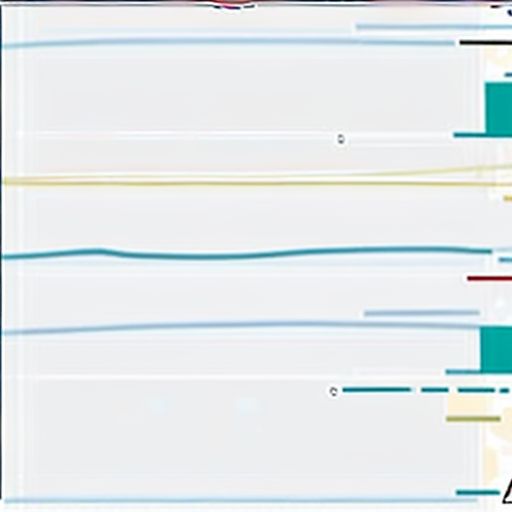Imagine this: you’re juggling multiple credit card bills, a personal loan, and maybe even some medical debt. Each one has a different interest rate, due date, and minimum payment. Sound stressful? It definitely can be. That’s where debt consolidation comes in.
Debt consolidation can simplify your finances and potentially save you money on interest payments. But how does it actually work? This comprehensive guide will walk you through the ins and outs of debt consolidation, helping you determine if it’s the right solution for you.
What is Debt Consolidation?
In simple terms, debt consolidation combines multiple debts into a single, new loan with a (hopefully) lower interest rate. This means you’ll only have one monthly payment to worry about, instead of several.
How Does Debt Consolidation Work?
Here’s a step-by-step breakdown of how debt consolidation typically works:
- Assess your debt: Make a list of all your debts, including the balances, interest rates, and minimum payments.
- Explore your options: There are various debt consolidation methods, including balance transfer credit cards, personal loans, home equity loans, and debt management plans. Research each option to find the best fit for your needs.
- Shop around for the best rates: Once you’ve chosen a method, compare offers from different lenders to secure the lowest interest rate possible.
- Consolidate your debt: After choosing a lender, you’ll use the new loan to pay off your existing debts.
- Make consistent, on-time payments: You’ll now make one monthly payment to your new lender until the consolidated debt is paid off.
debt.yeuphancung.com/wp-content/uploads/2024/07/debt-consolidation-chart-6694ff.jpg" alt="Debt Consolidation Chart" width="512" height="512">Debt Consolidation Chart
Types of Debt Consolidation Loans
Balance Transfer Credit Cards
These cards offer a promotional period with a low or 0% APR, allowing you to transfer high-interest debt and save on interest charges.
Pros:
- Potential for significant interest savings during the promotional period.
- Can simplify payments with a single monthly bill.
Cons:
- May require a good credit score to qualify for the best offers.
- Balance transfer fees can offset interest savings if not carefully considered.
Personal Loans
Personal loans offer fixed interest rates and predictable monthly payments, making it easier to budget.
Pros:
- Typically have lower interest rates than credit cards.
- Offer fixed repayment terms, allowing you to plan your finances accordingly.
Cons:
- May require a good credit score to qualify for favorable terms.
- Could result in paying more interest over time if you extend the loan term.
Home Equity Loans
These loans allow homeowners to borrow against their home’s equity, often at lower interest rates than other loan types.
Pros:
- Can offer lower interest rates due to using your home as collateral.
- Interest payments may be tax-deductible (consult with a tax advisor).
Cons:
- Puts your home at risk of foreclosure if you can’t repay the loan.
- May increase your overall debt load if not managed responsibly.
Is Debt Consolidation Right for You?
Debt consolidation isn’t a one-size-fits-all solution. Consider these factors to determine if it’s the right choice for you:
- Your credit score: A good credit score will qualify you for lower interest rates and better terms.
- Your debt amount: Debt consolidation is most effective for managing a significant amount of debt.
- Your spending habits: If you tend to overspend, consolidating debt might not address the root cause of your financial challenges.
Conclusion
Debt consolidation can be a valuable tool for simplifying your finances and potentially saving money on interest. However, it’s crucial to carefully weigh the pros and cons and choose the method that aligns with your specific financial situation. Remember to shop around for the best rates, create a realistic budget, and commit to making consistent, on-time payments to achieve financial freedom.
Do you have any experience with debt consolidation? Share your thoughts or questions in the comments below! We’d love to hear from you. And don’t forget to explore our website for more insightful articles on personal finance and debt management.
